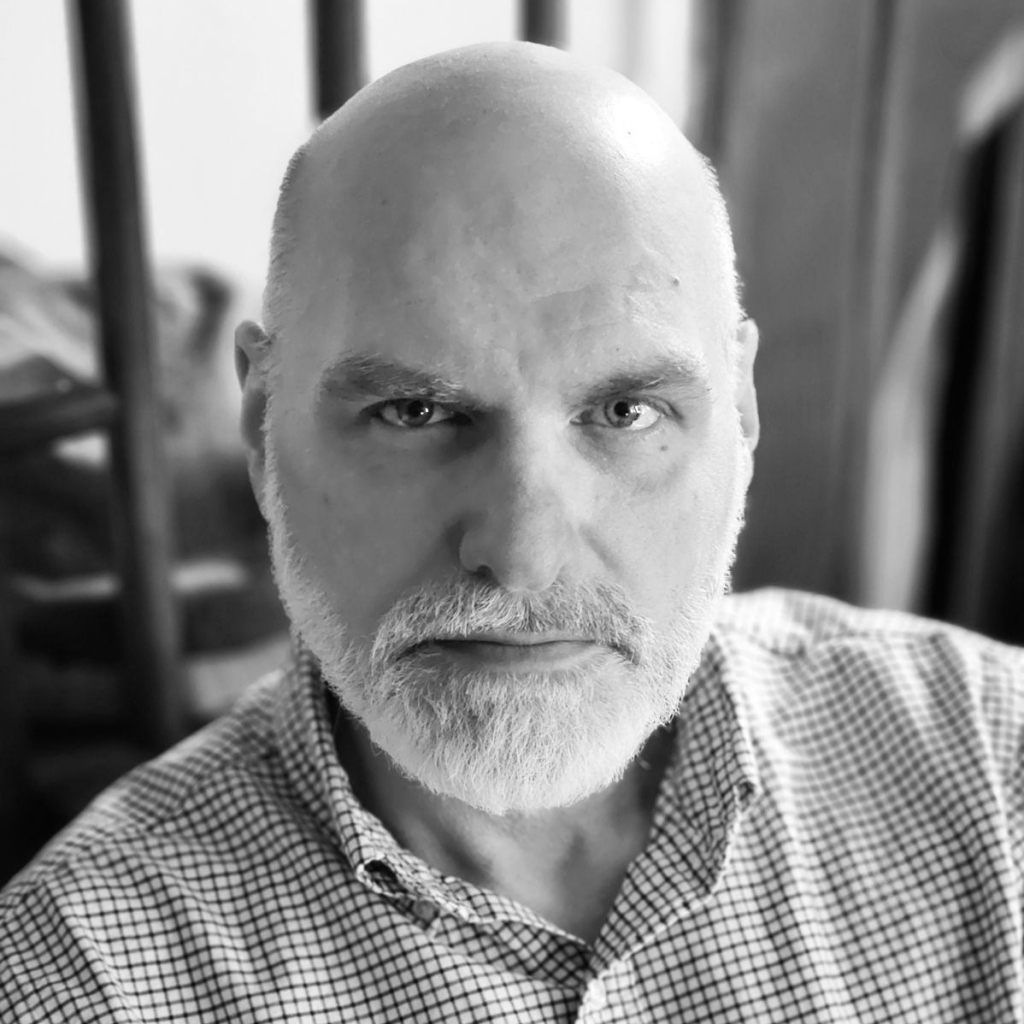
Nothing to do. Nowhere to go. No one to be.
The three previous sentences express a concept I’ve come across in some Buddhist sources. The idea is that we have to free ourselves of thinking that we need to obtain something or become someone beyond the status quo in order to be satisfied. It is an antidote to what psychologists call the “hedonic treadmill” — the cycle of striving for something to fill an imagined void in our lives, experiencing only fleeting satisfaction when we get it, and then striving for a new thing to fill the next void.
I often remind myself of the “nothing to do, nowhere to go, no one to be” idea in times of stress or ennui. For the most part it sets my thinking down a more productive path. But if I’m being honest, I also find myself questioning how universal of a truth it really is.
Being in my mid-fifties, with grown-up children, and within shouting distance of retirement, it’s very easy for me to embrace the concept that I should stop striving so hard. I do, however, wonder what my life would have been like if I had stumbled across the idea and taken it to heart back when I was in my twenties. A lot of what I consider to be the best aspects of my life came about directly or indirectly because, as a younger man, I felt a gnawing need to accomplish things that I could be proud of, to see new places, and to change myself in ways that would enhance my self-esteem and standing among my peers. I was not always happy during those struggles, but I feel better off for having been through them. If I had forgone all of it because a Buddhist teaching persuaded me it was all pointless and vain, I suspect that would have resulted in a less-satisfactory life.
The counterargument, I guess, would be that if I had been more enlightened when I was younger, my definitions of happiness and self-worth would have evolved much differently. Perhaps, but I can’t help but think that the wisdom we see in any idea is very much dependent on how neatly it fits into our agendas at the moment. When I was young, restlessness benefitted me, so I told myself that avoiding complacency was a virtue. Now that I’m old, I feel like slowing down and my life options are much more limited, so I pat myself on the back for avoiding the hedonic treadmill.
Cynical? Sure, but cynicism is one philosophy that Young Me and Old Me can both agree on without reservation.

Leave a comment